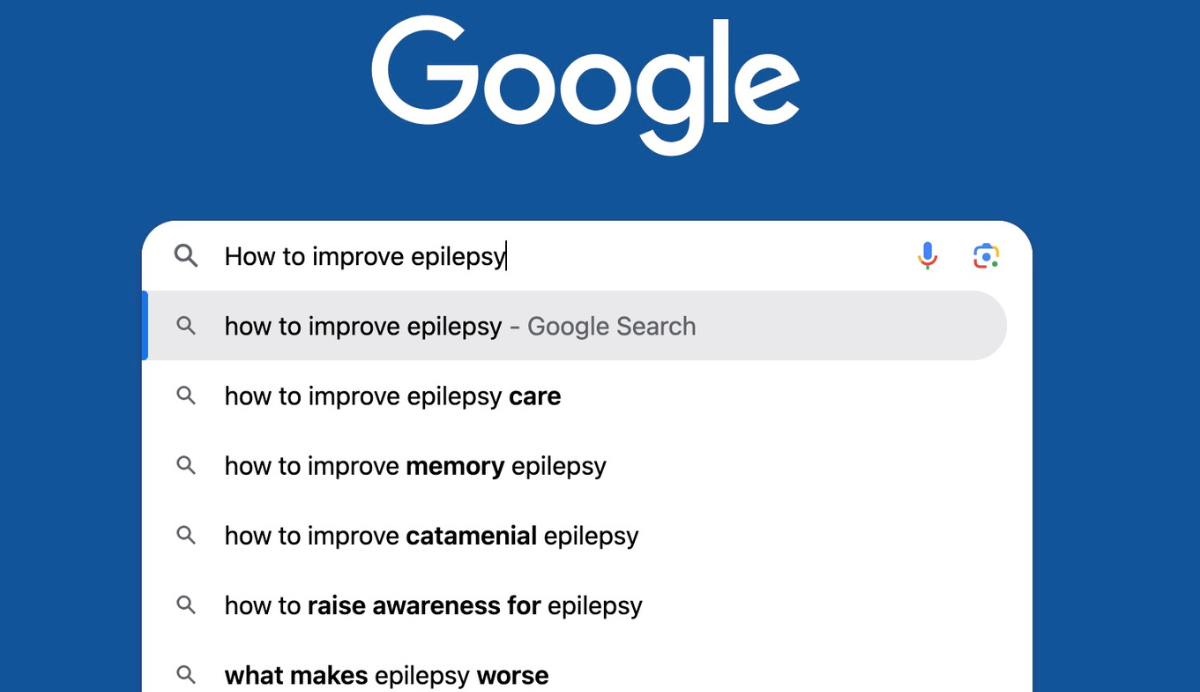I have been experiencing seizures for a little over 18 months and was diagnosed with epilepsy in July, 2022.
I ended up in hospital twice after having seizures during my sleep and falling out of bed but didn’t receive any conclusive results from scans. After months of having sporadic seizures, I had to grapple with the fact it wasn’t going away. This spurred me to book a GP appointment, where I was referred to a specialist neurologist and received my diagnosis.
“It was very confronting to be diagnosed with epilepsy knowing it’s a life-long condition, but ultimately it gave me comfort that I had a clear path forward.”
My neurologist mentioned the AEP as an option for getting access to advanced testing. I thought it would be a great opportunity, and as a student studying psychology and doing research at university, I was excited to be involved in clinical research.
The first benefit that the AEP provided me was a streamlined way of getting a range of necessary scans and tests done after I received my epilepsy diagnosis. As a really busy person, the added stress of having to organise numerous appointments would have been overwhelming, so being able to work with the AEP team to schedule assessments at convenient times, was so amazing. As somebody studying psychology, I’m really aware of the incredible benefits research can have for people in the future dealing with a particular condition. On a personal level, it was much easier to cope with my epilepsy diagnosis knowing my involvement in the AEP may lead to data and findings that could change the lives of others living with epilepsy.
I had already been prescribed medication by my neurologist, which was working to control my seizures, but getting involved with the AEP really enhanced my sense of being in control of my epilepsy. Getting the scans done and having trained staff to assist me through the process made me feel that I was growing in my understanding of my epilepsy and really getting on top of it.
The staff at the AEP were incredible, so I found all the tests relatively stress-free. I study and tutor psychology, and I’m very interested in research around brain functioning and really enjoyed being involved in the testing – brain teasers are my favourite thing, so I found the neuropsychology assessment quite fun!
Being diagnosed with epilepsy is scary and confronting and can leave you feeling lost and struggling to process the news. This is where the AEP can step in and guide you through the process – their support is very helpful as you’re adjusting to your diagnosis. The staff at the AEP are so knowledgeable, but beyond that they’re all genuinely kind people and made me feel comfortable throughout the whole process, which eased the difficulty of grappling with an epilepsy diagnosis.
“The AEP transformed my epilepsy diagnosis from a confronting and stressful burden to a chance to be involved in something bigger than myself, to potentially change the lives of other people living with epilepsy now, and into the future. It’s an amazing opportunity to turn a difficult situation into something deeply meaningful.”
-2.jpg)
AEP Keynotes at AWS Summit Sydney Innovation Day

AEP hailed as an exemplar for transforming lives


